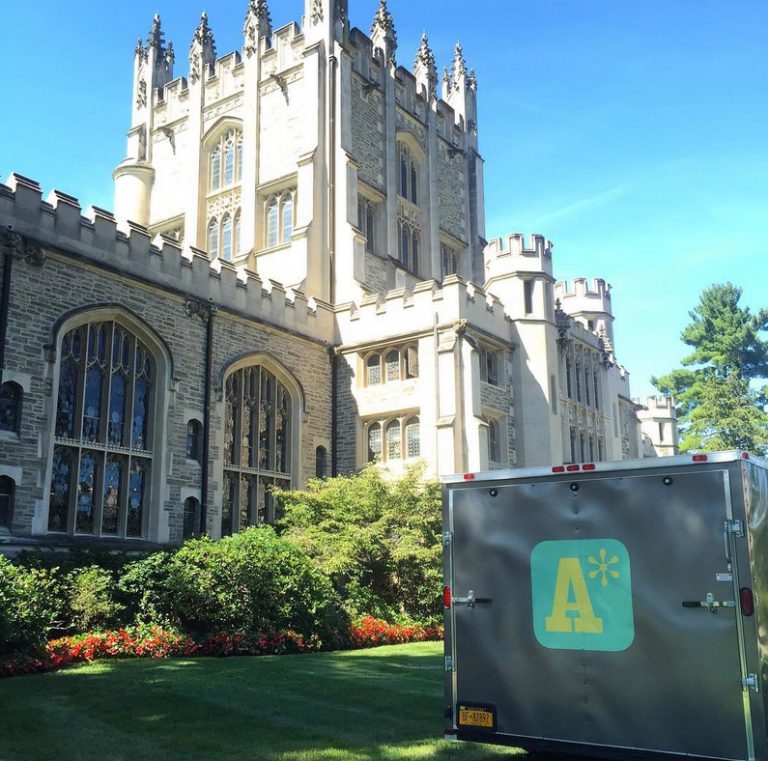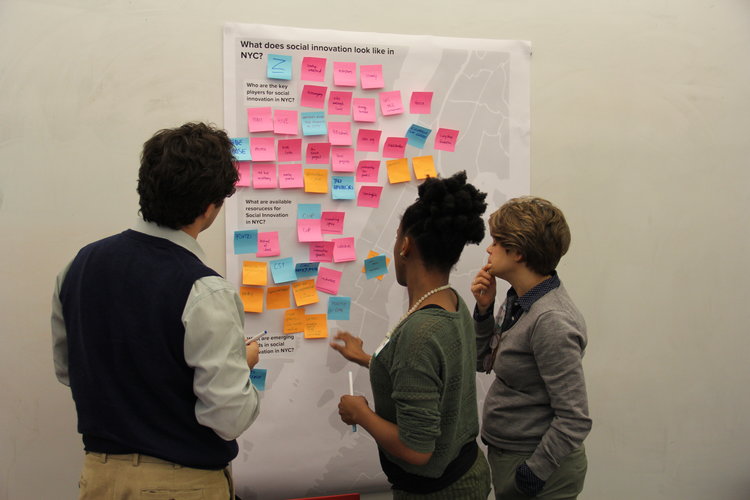

( Learn how and when to remove this template message)Ī collaboratory, as defined by William Wulf in 1989, is a “center without walls, in which the nation’s researchers can perform their research without regard to physical location, interacting with colleagues, accessing instrumentation, sharing data and computational resources, accessing information in digital libraries” (Wulf, 1989).īly (1998) refines the definition to “a system which combines the interests of the scientific community at large with those of the computer science and engineering community to create integrated, tool-oriented computing and communication systems to support scientific collaboration” (Bly, 1998, p. 31). ( March 2011) ( Learn how and when to remove this template message) Please help to improve this article by introducing more precise citations. Application will open in January 2023.This article includes a list of general references, but it lacks sufficient corresponding inline citations.
#COLLABORATORY PROJECT FULL#
The workshop culminates in a full day Capstone Negotiation Simulation, where participants will assume the role of sector stakeholders and countries to negotiate a global policy mix based on the EN-ROADS simulator. In these workshops, selected students will interact with seasoned international climate change negotiators and will be be introduced to the system dynamics and interactions of climate change policies through interactive work sprint with MIT’s EN-ROADS simulator.
#COLLABORATORY PROJECT SERIES#
“Boiling Point” is a highly interactive workshop series designed to build leadership and negotiation skills to drive action on climate change, which will take place in Spring 2023. NCRC is developing a number of proprietary teaching materials for this purpose.
#COLLABORATORY PROJECT FREE#
As a first activity to live up to this aspiration, NCRC has launched a 12-month project to develop free virtual negotiation trainings for United Nations Conference of the Parties negotiators from underrepresented communities and countries with few resources to provide such training.Ī key goal of the project is to integrate and bridge canonical research-based negotiation training methods with the specificities of negotiating climate policy in multilateral settings. In the context of Harvard University’s decision to expand its research and education on climate change, the Negotiation and Conflict Resolution Collaboratory at Harvard Kennedy School has decided to build a program for education on and skill-building in the field of climate change negotiations. Virtual Negotiation Training for International Climate Negotiators

Through our programming, students will find ways to develop their own skills outside of the classroom find opportunities to connect frameworks and tools to their specific negotiation challenges and contexts work with frontline negotiators from around the world and advance innovative research. Now, we are expanding this mission and connecting students with ways to not only develop their own interpersonal negotiation skills, but to practice with and learn from real world practitioners, and seek to understand the complex conflict ecosystems we all inhabit. At our core, our mission was, and remains, to equip next-generation practitioners with a comprehensive toolkit and repertoire of negotiation skills to enable leaders to tackle the world’s toughest problems. Today’s public leaders are faced with increasingly complex problems that require cross-boundary, collaborative leadership. In 2016, the Kennedy School Negotiation Project was launched based on the belief that you can’t lead if you can’t negotiate. We pursue the interdisciplinary study of developments and trends at the intersection of negotiation and leadership. We advance the field of experiential learning and motivate innovations in teaching advanced negotiation in simulated environments. The Negotiation and Conflict Resolution Collaboratory (formerly the Kennedy School Negotiation Project) develops ways to connect students of negotiation with practitioners on the frontlines and faculty leading cutting-edge research.


 0 kommentar(er)
0 kommentar(er)
